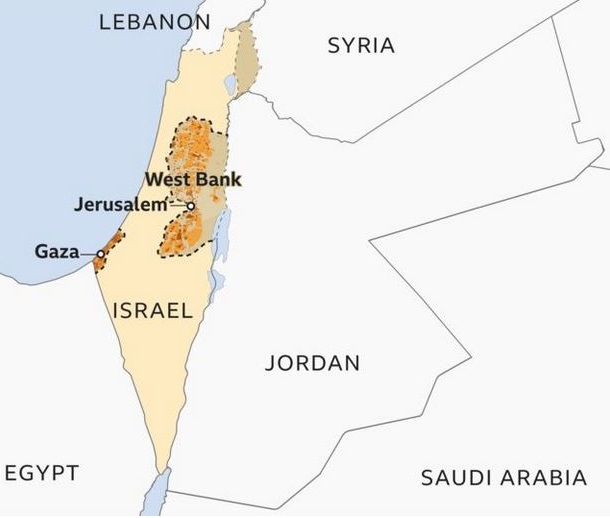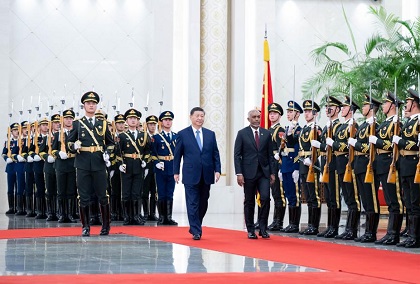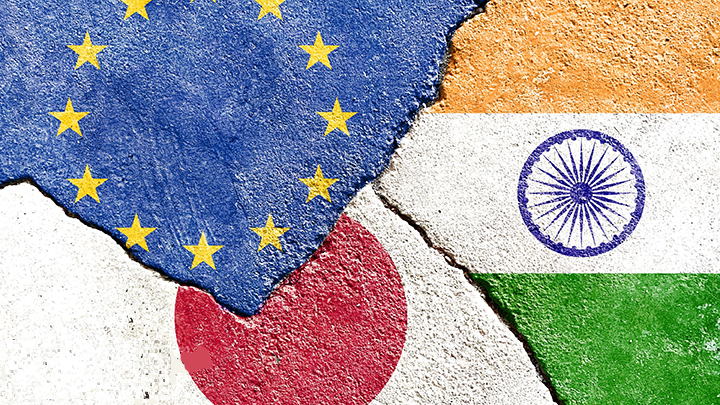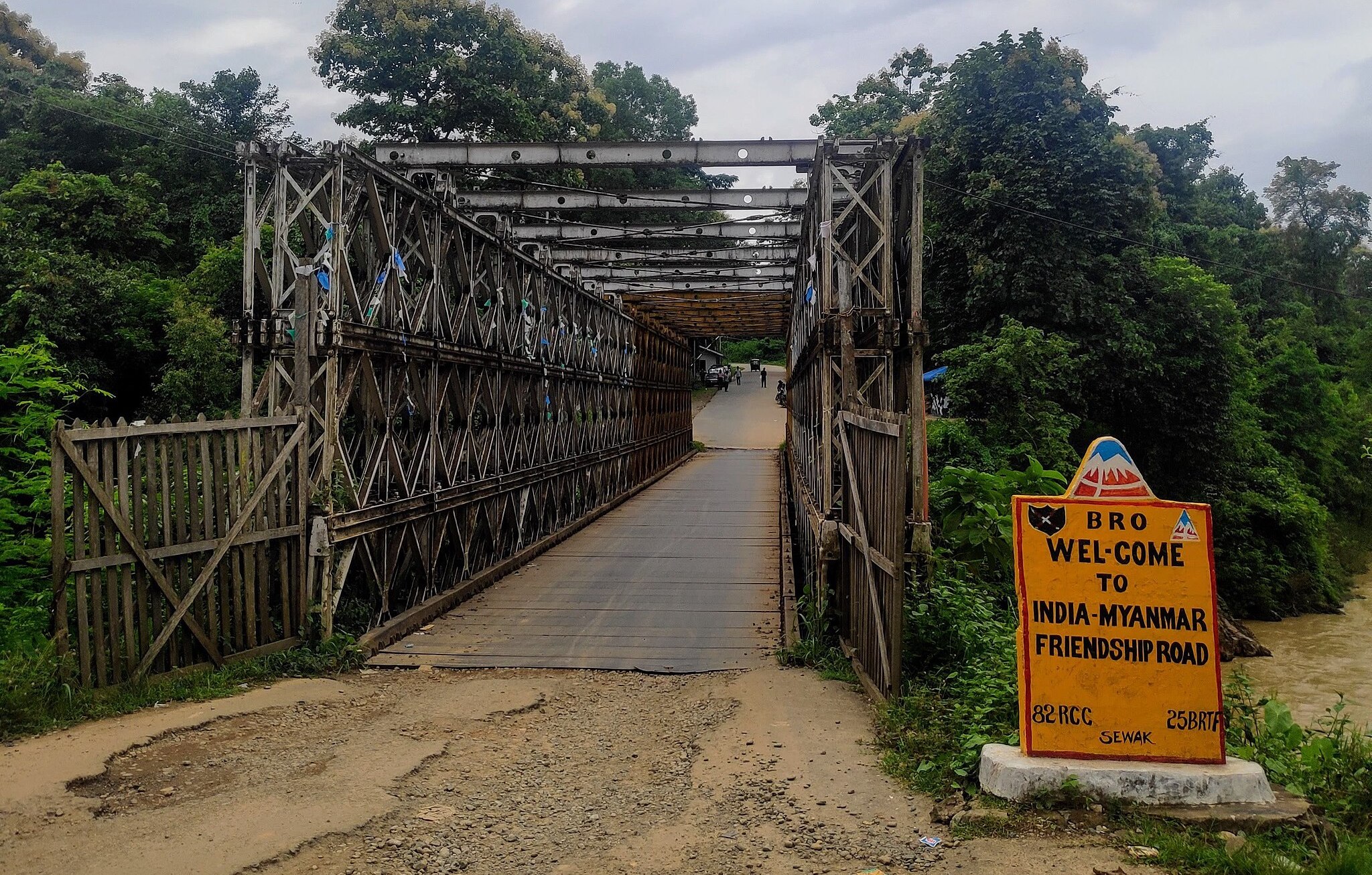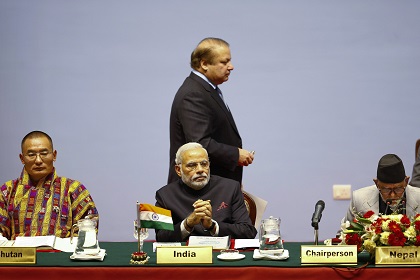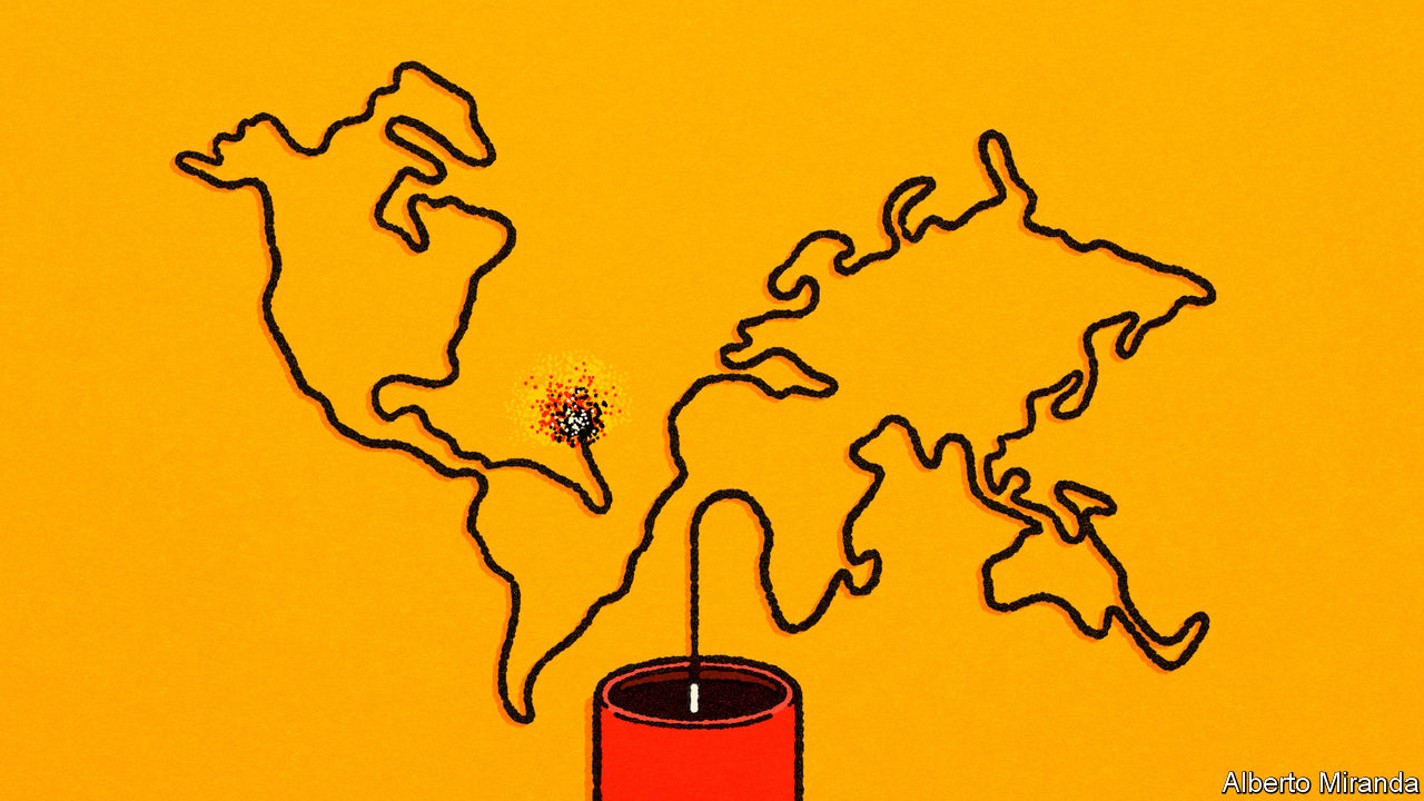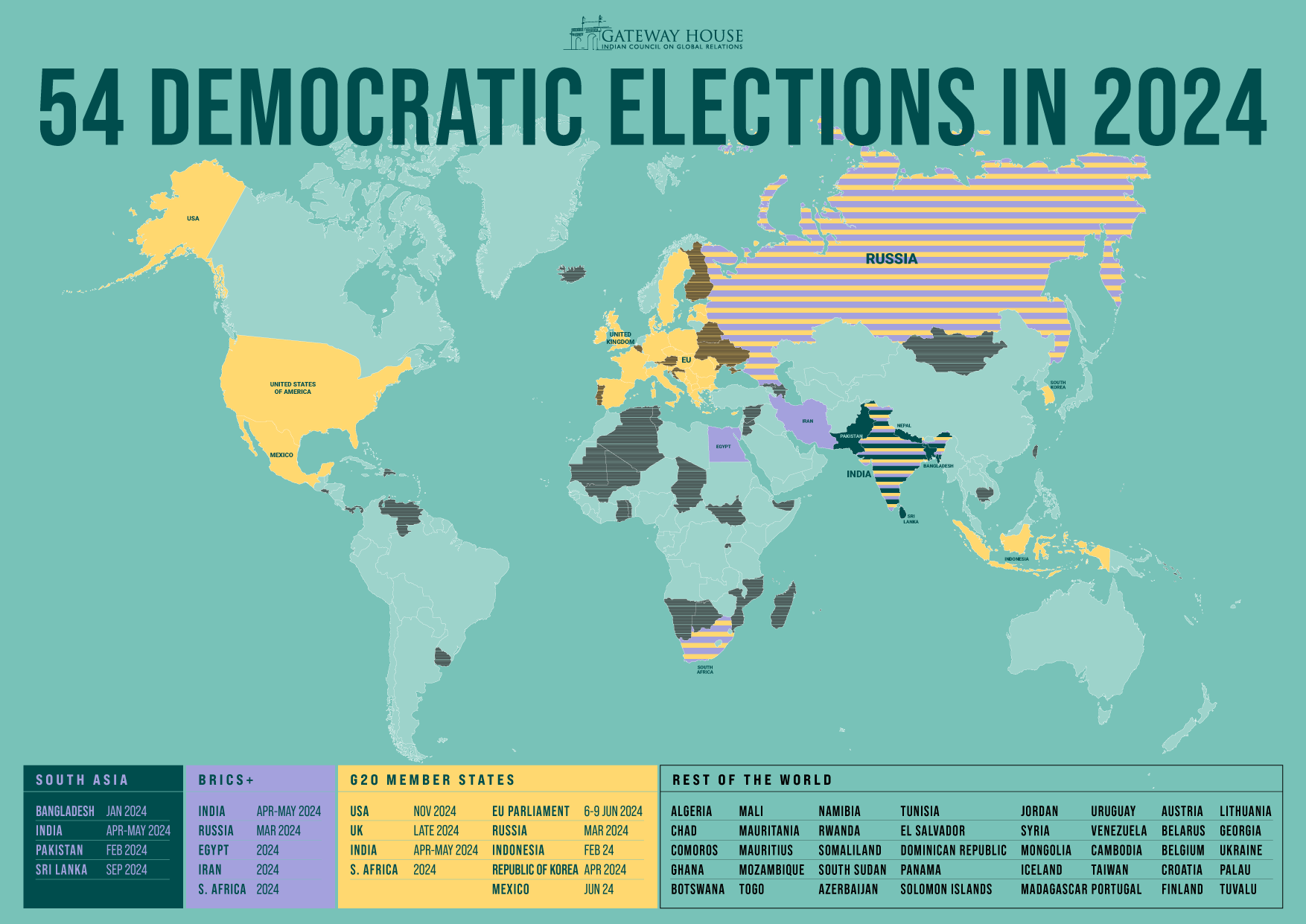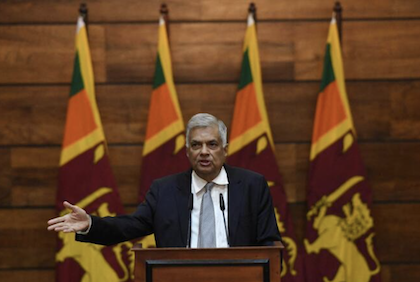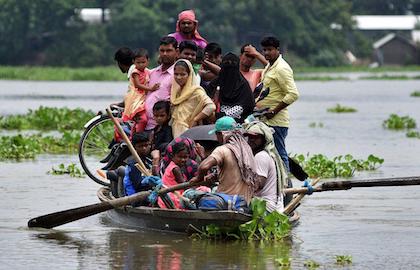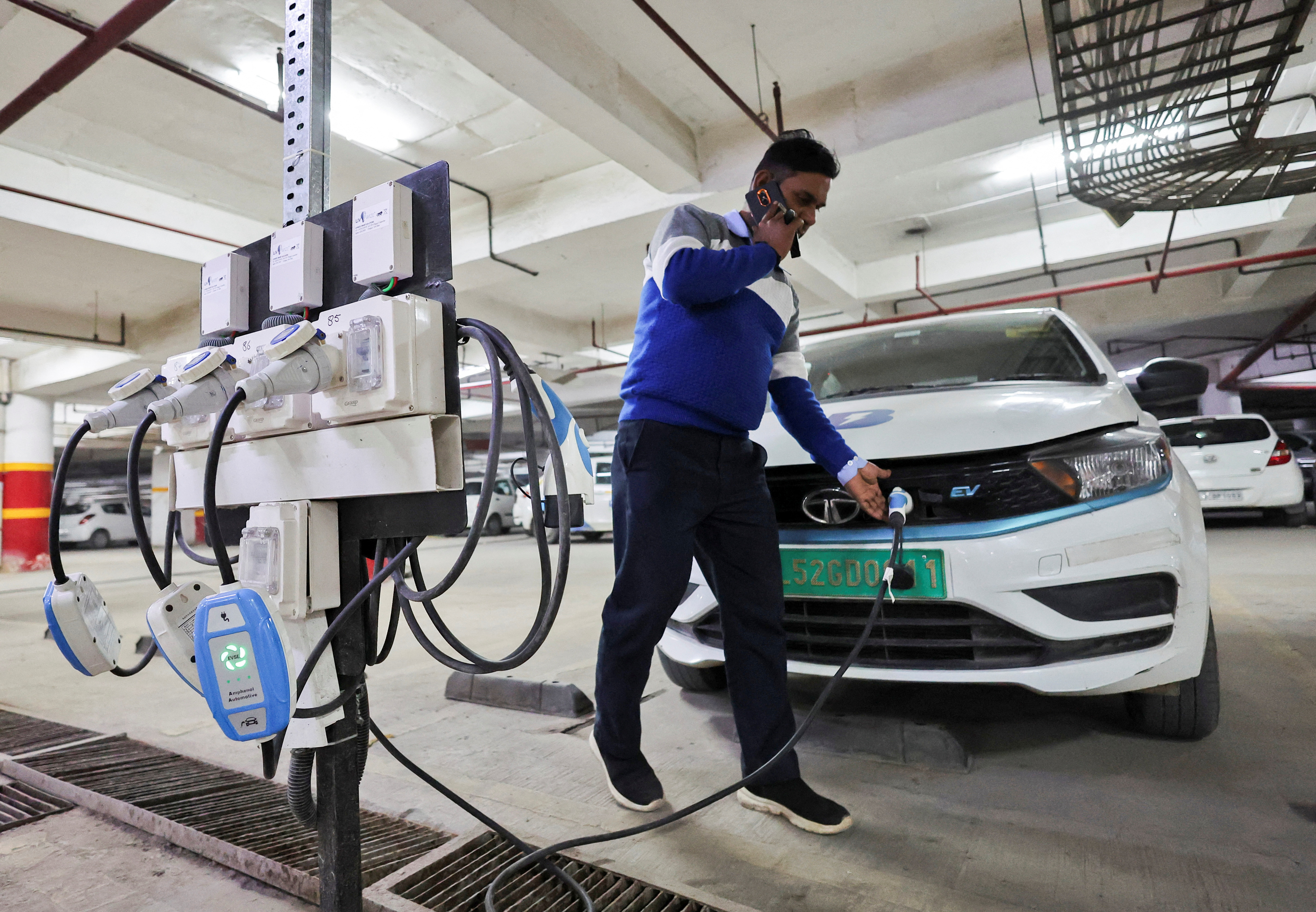Israel-Palestine: two states … or one?
The Oslo Accords’ two-state solution for Palestine-Israel, visualised Gaza and the West Bank as self-governing entities under the Palestinian Authority. That political hope existed in an expanding global economy led by the U.S. and secured by American armies, with the promise of capital flows and investments to develop Palestine on its way to statehood. All this changed in the 2000s, as both Israelis and Palestinians became significant regional actors.

